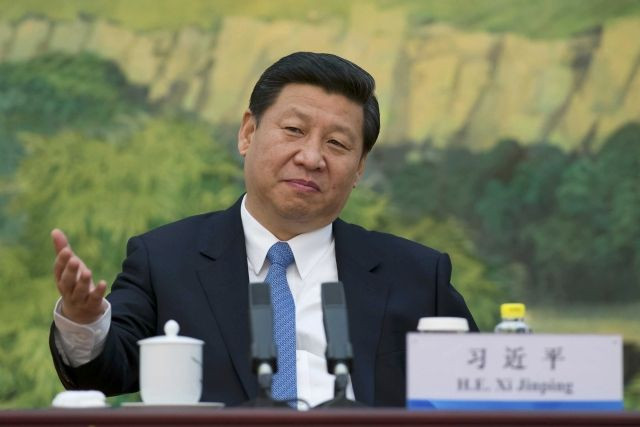China Struggles To Crack Down On Fake Officials

In the country where fake iPhones, fake designer handbags, and even fake college degrees run rampant, a new crop of fake government officials has been discovered trying to scam and intimidate locals. These fake officials generally pretend to associate themselves with various government groups and exchange their false influence for money.
A recent report by the Washington Post found that more than 100 fake organizations were fronts for groups of fake government officials and scam artists, including Li Guangnian. According to the report, Li was the stereotypical Chinese official: His Beijing office was adorned with photos of him shaking hands with big-name officials; he rolled around the city in a top-of-the-market Audi and Mercedes-Benz; and at 50-something years old, he kept an 18-year-old mistress. The case of this corrupt official, who was willing to use his influence and connections in exchange for gifts and money, wasn't unfamiliar to locals, but still, something didn’t add up.
With the promise of various favors, Li, along with the several other scam artists who did the same, demanded bribes or special treatment from locals. And while Li would rarely be able to deliver on any of his promises, he managed to skate by, relying on the traditional Chinese sense of trust in authority that still exists among many in China. “Li Guangnian was a Chinese-style swindler, who survives within Chinese tradition and Chinese soil,” Yi Shenghua, a lawyer who met Li in 2011 said. “In Chinese traditional culture, people have a sense of blind faith, worship and mystery about power and officials.”
The problem is hard to solve because very little is known about Chinese officials. Whether it’s their family members or their wealth, most details about high-ranking government employees are kept under wraps, making it very hard to doubt someone’s position. “It is very difficult for ordinary people to identify swindlers, because officials are estranged from people,” Yi said. "The sense of distance between officials and the public is what swindlers live on."
Li pretended to work for an office called the “China Dynamic Investigation Committee,” which claimed to be the government body that helped the Party communicate with ordinary citizens to discuss various concerns. Hearing it now, it may sound like an obviously made-up committee, but China’s sprawling government has an office for virtually everything.
While Li’s office was successful it eventually opened 34 branches of the China Dynamic Investigation Committee -- not everyone was convinced. Yi Shenghua looked into the committee after a friend paid Li half a million dollars to help free someone who was imprisoned. Unsurprisingly, Li’s fake clout wasn’t enough to deliver on the promised word, so Yi did a little digging. He paid a visit to Li’s Beijing office requesting to see the organization’s official government license. Li refused to show it to him. It was then that Yi was able to undcover the ruse from which Li and several other con artists had been making ill gotten gains, as he now had enough information to take down the entire fake organization.
While President Xi Jinping is already grappling with cracking down on the corruption of legitimate Party members, China’s fake officials pile on additional layers of corruption concerns that continue to threaten the central government.
© Copyright IBTimes 2024. All rights reserved.






















